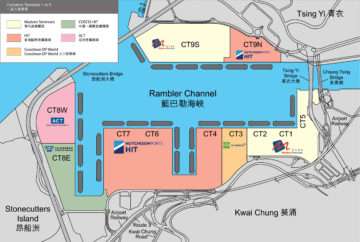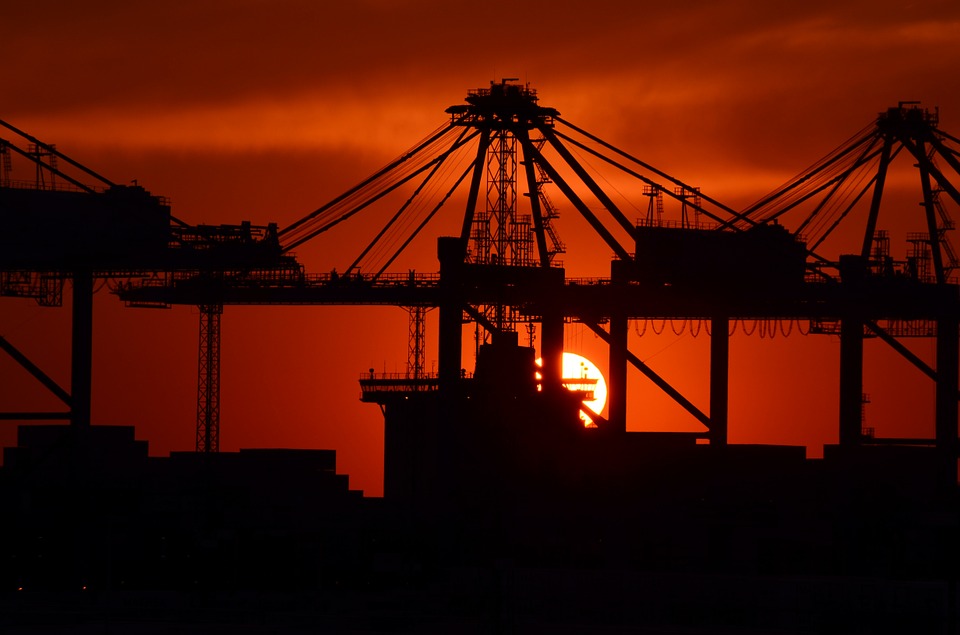In a couple of months, Hong Kong will commemorate twenty years as a Special Administrative Region of the People’s Republic of China. There is much to celebrate in that Beijing did not make an example of the old colony as some feared at the time, indeed it has drip fed us various privileges with varying degrees of success. Carrie Lam Cheng Yuet-ngor will be the new Chief Executive: meet the new boss, same as the old boss, think many of those not entitled to vote and not old enough to recall Pete Townshend’s anguish back in 1971. She will have her hands full, though, because in those twenty years, HK has drifted politically and, mention it not, has lost ground to competitors which did have some vision such as Singapore.
This is the first of several policy proposals focused on HK’s infrastructure and how to finance it.
Currently, three themes are evident.
First, it was sheer folly for Donald Tsang Yam-kuen to launch ten major infrastructure projects simultaneously in 2007 – 8. The cost of labour and raw materials predictably went through the roof; completion of most of those projects has been delayed; and several of them – principally the HK – Zhuhai – Macao bridge – weren’t needed in the first place.
Second, the single biggest issue remains the availability and sheer cost of appropriate housing. The total fertility rate of permanent residents (or Mainland spouses thereof) has long been less than the replacement level of 2.05 per woman (in 2016 it was 1.23) so, at the aggregate level, demand for housing is driven by 1) the current shortage plus 2) future net immigration which is mostly from the Mainland. The Government could alleviate the former in a number of ways such as permitting greater flexibility in the planning process and making it easier / less expensive to convert say industrial to residential use. As for the latter, there is no public discussion on HK’s immigration policy. Be that as it may, there is general acceptance that more housing needs to be built. When the territory is so congested already, though, the question is: where?
Third, HK has thrived over the years by changing with the times. When it comes to the port sector, the times say that much of HK’s port business at Kwai Tsing is no longer competitive and should move over the border to Shenzhen. I have been saying as much for some time and, this week, Raymond Tam Chi-yuen, HK’s Secretary for Constitutional and Mainland Affairs, agreed with me. (The Transport and Housing Bureau and the HK Maritime and Port Board then begged to differ.) In the case of Hong Kong, much of the cargo comes from over the border anyway (with no rail link) to what is much more expensive land. In the past, HK has been protected by 1) greater efficiency in loading and unloading the ships but this is no longer the case, helped by many of the operators having already hedged their bets and set up on both sides of the border 2) cabotage rules on the Mainland which permitted only Chinese – owned and – flagged vessels to carry cargo between domestic ports. Under the One Country, Two Systems concept, HK was considered an international port. However, the cabotage rules have been gradually relaxed including last year for Shenzhen so international ships can now visit more than one domestic port and need not come through HK. At the same time, just as it was supposed to be competing on the grounds of efficiency, HK took its eye off the ball: Singapore and Shenzhen now operate a one-window (i.e. online) processing of documentation relating to the required permits, quotas, tariffs and more; HK will still be shuffling up to 51 paper documents per ship in 2025.

There is no reason why HK cannot keep much of the maritime service cluster such as ship broking, finance and insurance. Yes, less skilled workers would need assistance in transitioning to something else.
This would free up huge areas of flat, contiguous land with good transport connections already in place, on which to build real estate – and with waterfront views to boot. This worked for the likes of London and Manhattan.
As Chris Patten, Governor those twenty years ago, didn’t say: this would be cooking two roast ducks with one dollop of plum sauce.







